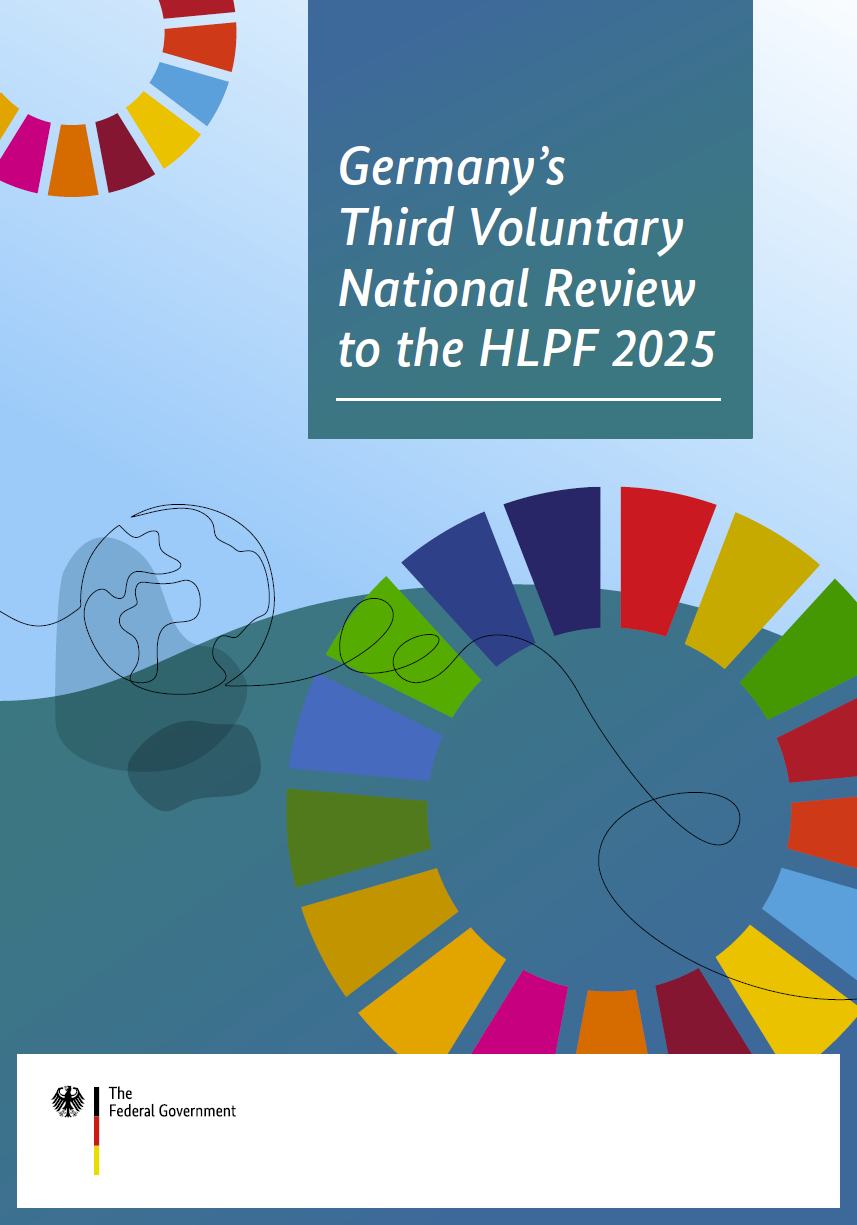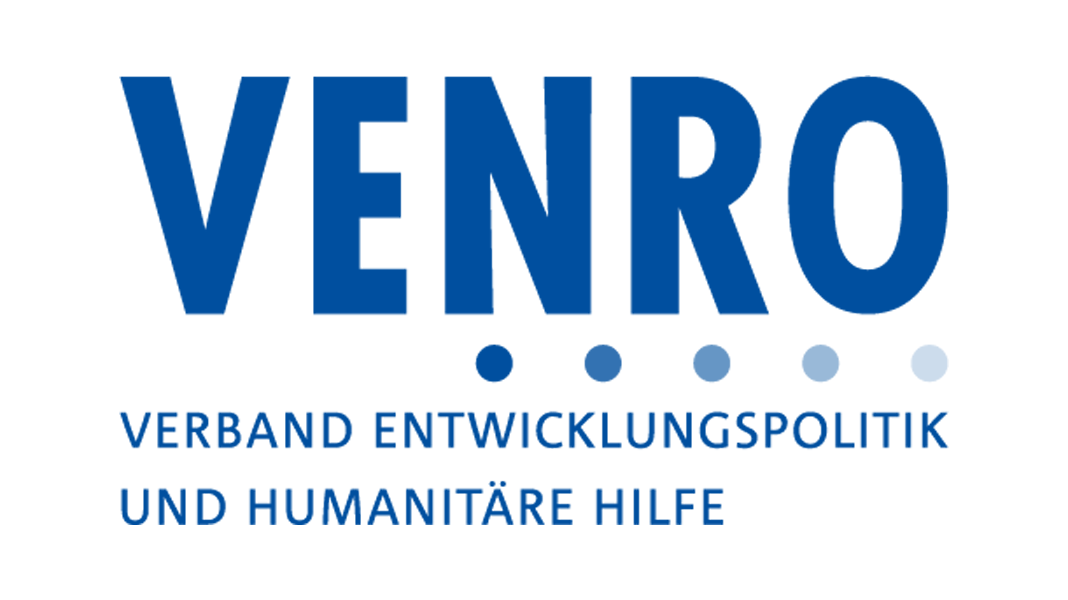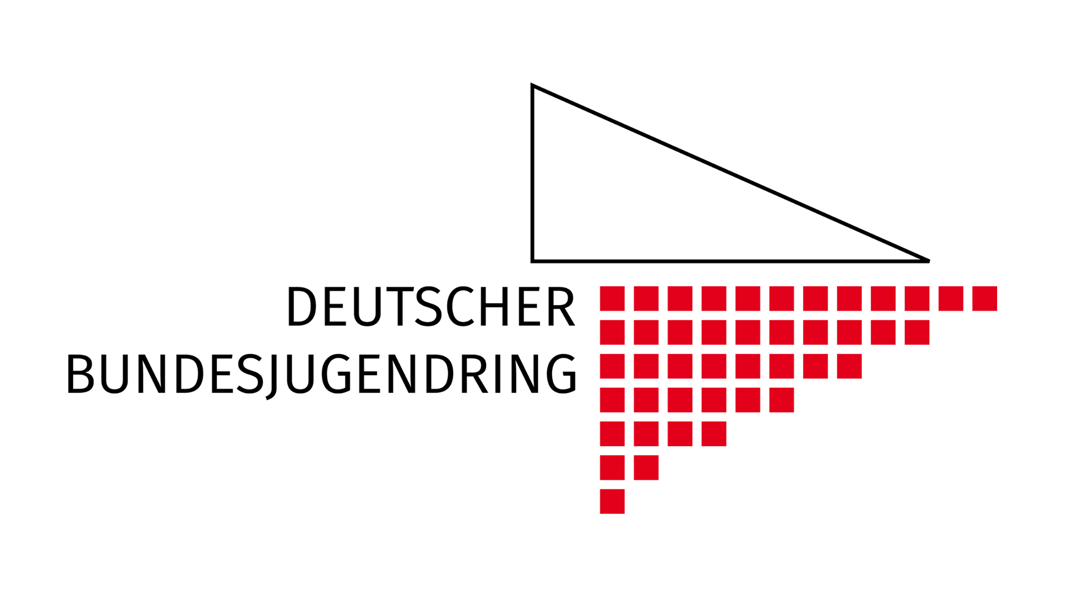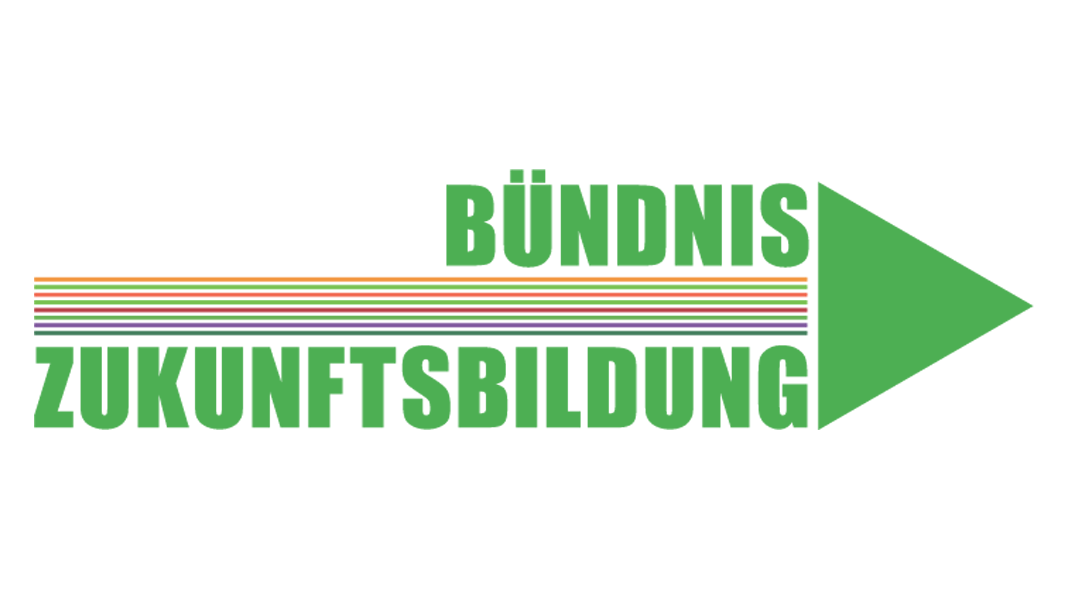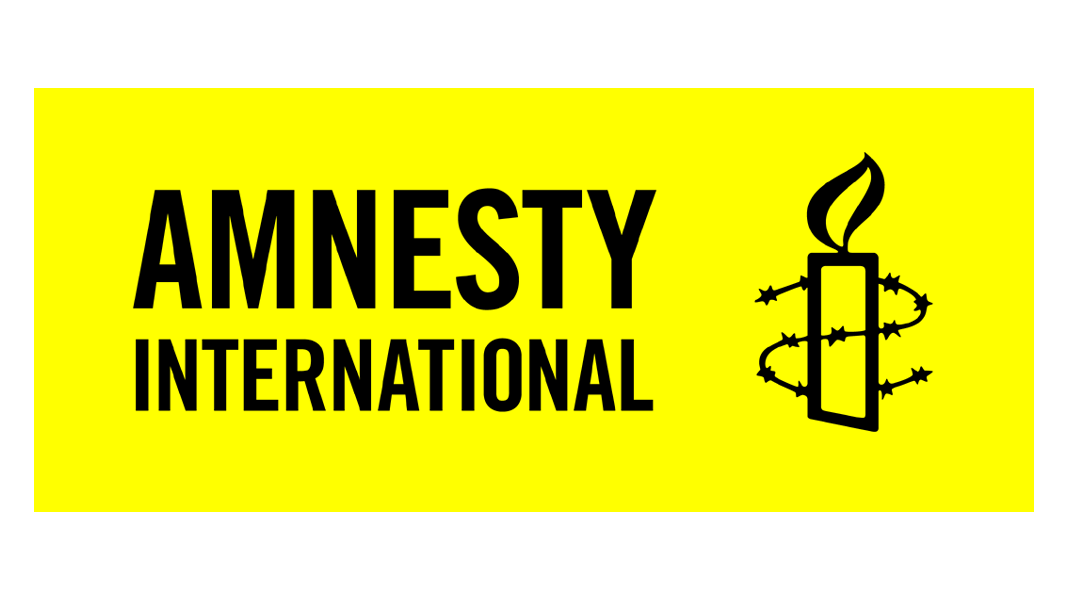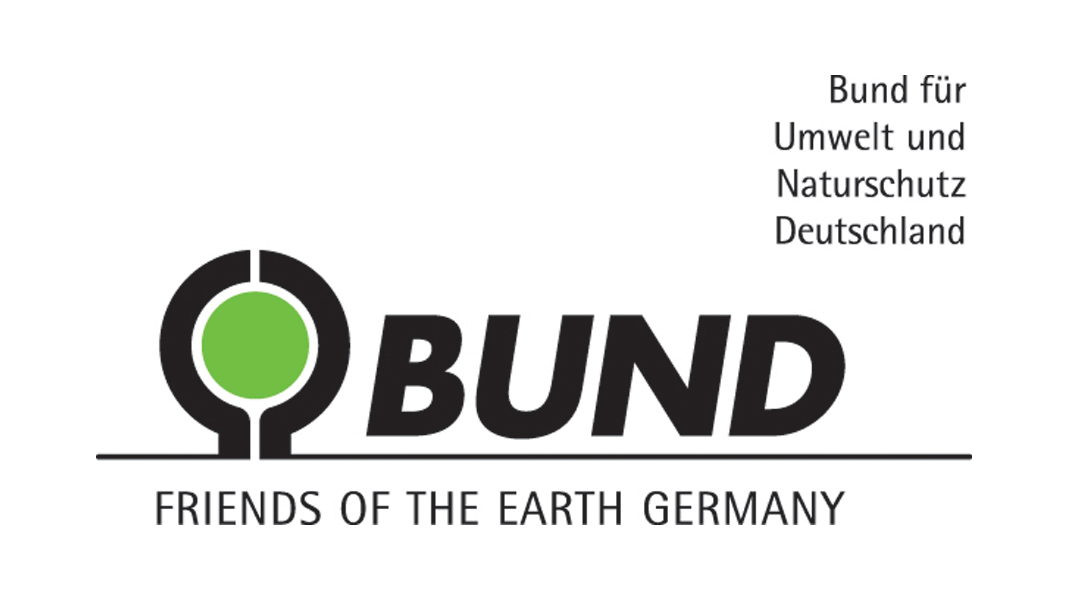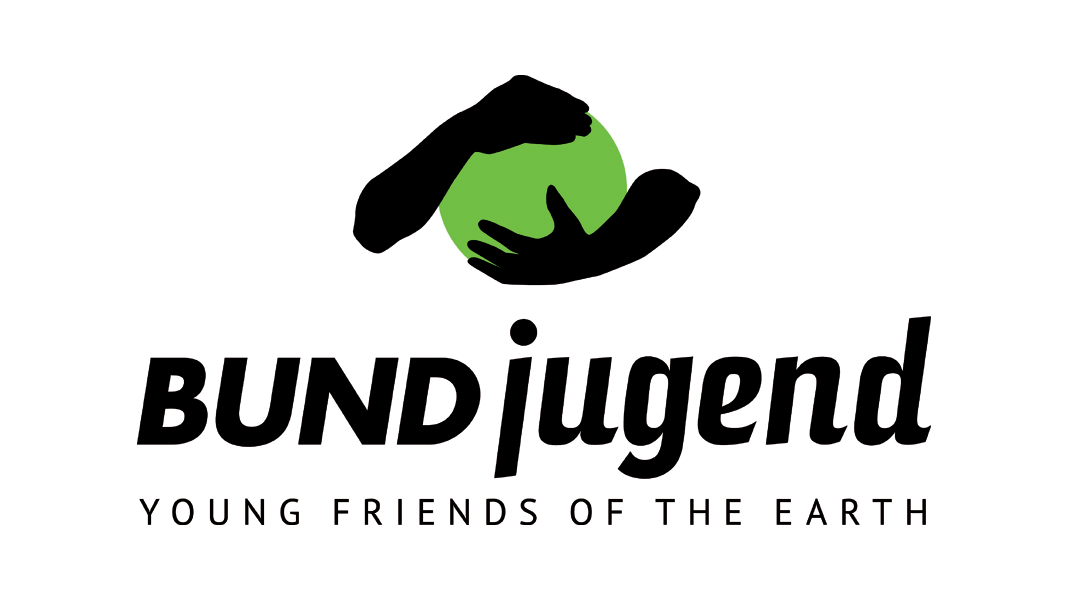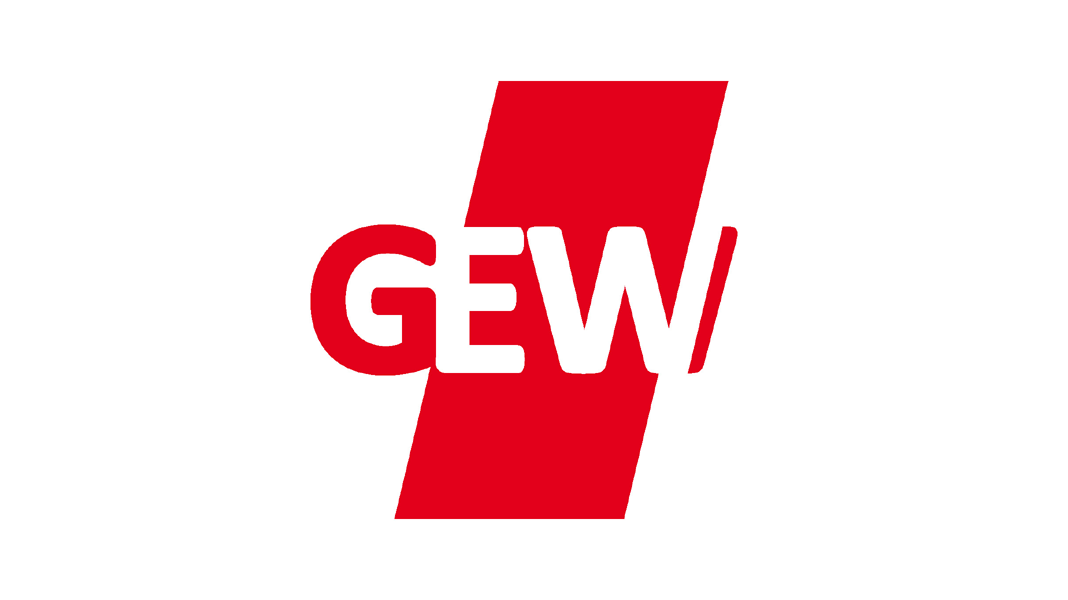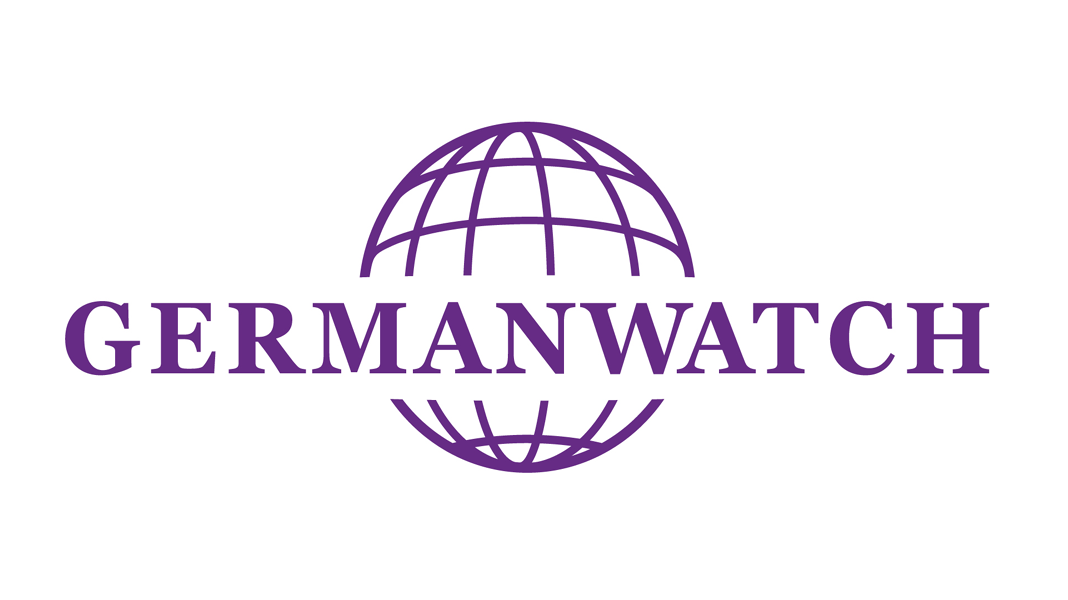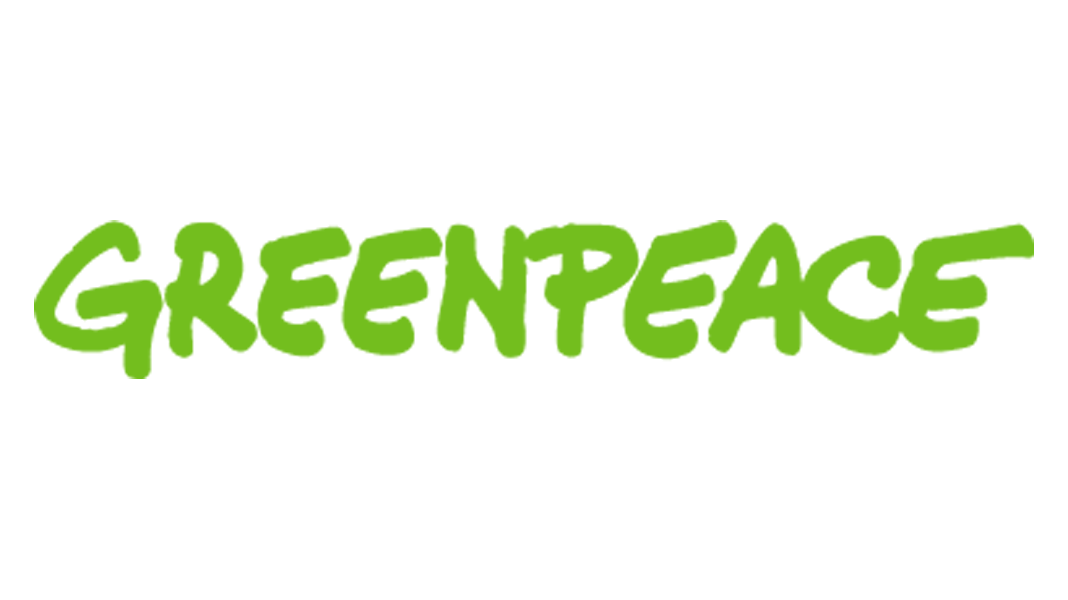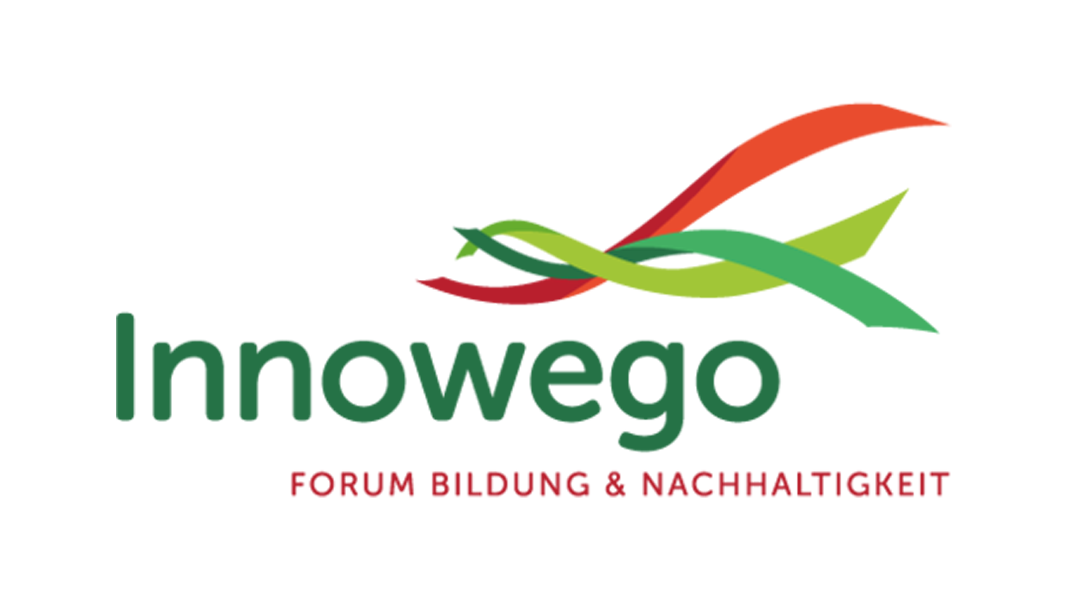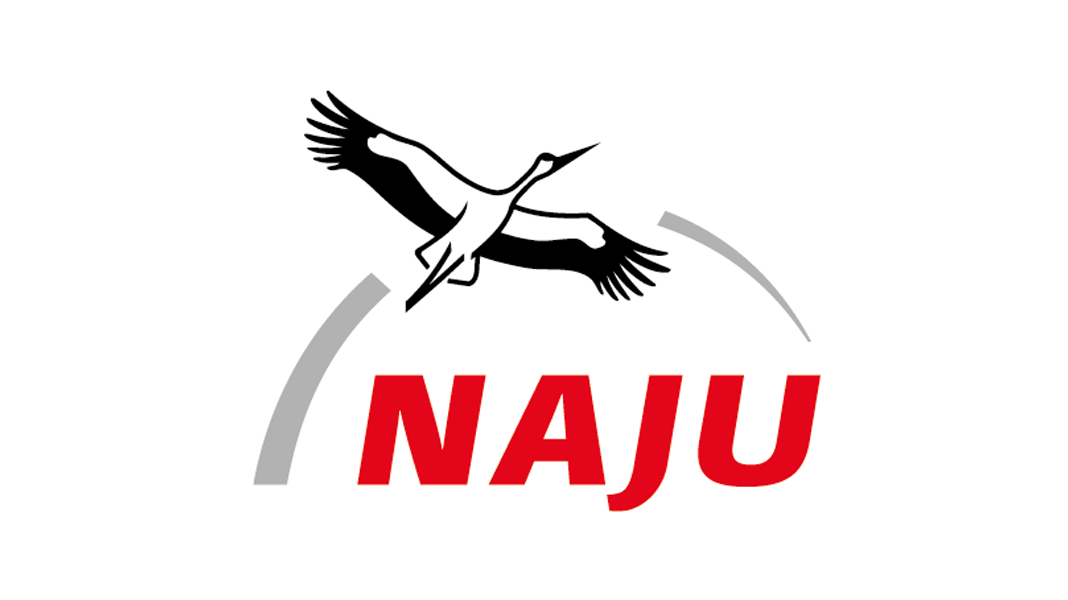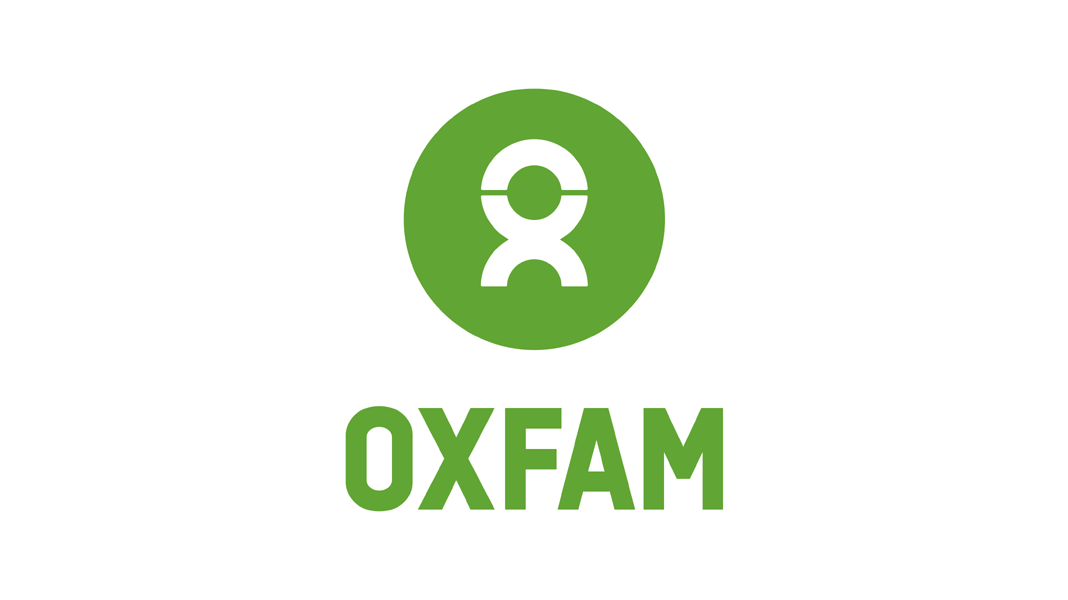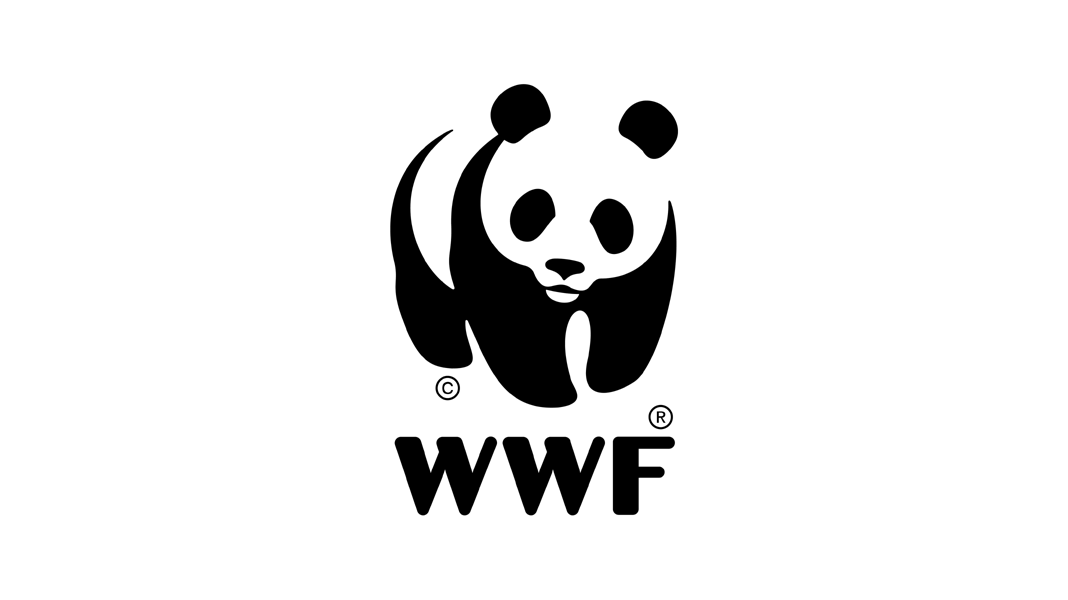VNR 2025 Joint contribution by VENRO, the German Federal Youth Council and Bündnis ZukunftsBildung
Civil society plays a key role for the holistic and systemic implementation of the 2030 Agenda. The German Sustainable Development Strategy highlights this through the key lever of “Social mobilisation and participation” and through the Area of Transformation “Human well-being and capabilities, social justice”. Ambitious, transformative and systemic implementation of the 2030 Agenda is evident in the active efforts of civil society in the field of Education for Sustainable Development (ESD) with a view to enabling all people to take action and equipping them with the knowledge and skills needed for a just future in line with the 2030 Agenda. ESD exemplifies the interconnectedness and indivisibility of the 17 SDGs. The joint report Kräfte bündeln, Zukunft gestalten (Pooling forces, shaping the future – only available in German) published by VENRO (Association of German Development and Humanitarian Aid Non-Governmental Organisations), the German Federal Youth Council and the Bündnis ZukunftsBildung (NGO Alliance for Future Education) and endorsed by the German government highlights the potential which civil society has for implementation: numerous civil society players in Germany are making it possible for people to experience ESD in ways that are practice-oriented and participatory and enable them to feel that they can make a difference, and for people to respond quickly to the crises of our times (innovation and adaptability). Simultaneously, the networks and expertise of civil society players facilitate the use of innovative approaches in education that go far beyond what government institutions can do by themselves. Civil society players are reaching people along the entire education continuum (knowledge integration and capacity building). The following two examples show the key impetus which civil society is able to give to the implementation of ESD and the 2030 Agenda.
One World Promoters
The One World Promoters' Programme of the Association of One World Regional Networks in Germany (agl) demonstrates the great potential of civil society networks and expertise for implementing the 2030 Agenda. More than 160 “Promoters” are working in various organisations across Germany to expand knowledge about the SDGs, foster civil society activity, build networks and bring a global perspective to the local efforts to implement the 2030 Agenda.
Schools for Earth
The Greenpeace Schools for Earth programme provides targeted support to teachers and school administrations so they can implement ESD as called for by politics and society. The programme thus contributes towards the goal of building capacities of educators which has been laid down in the ESD for 2030 Roadmap, and it supports efforts to make learning environments climate neutral, in line with the “whole institution” approach. Civil society ESD programmes like this one (which has been awarded the National ESD Award 2025 of the German Federal Ministry of Education and Research and the German Commission for UNESCO) are indispensable, thanks to their long-standing experience with ESD as an education strategy and thanks to collaboration between a broad range of experts within this project and the large network.
Submitted by: Association of German Development and Humanitarian Aid Non-Governmental Organisations (VENRO), German Federal Youth Council and Bündnis ZukunftsBildung (NGO Alliance for Future Education, which has the following members: Amnesty International, BUND / Friends of the Earth Germany, BUNDjugend (Young Friends of the Earth Germany), The German Education Union, Germanwatch, Greenpeace, Innowego, German Youth Association for the Protection of Nature, Oxfam and WWF)
